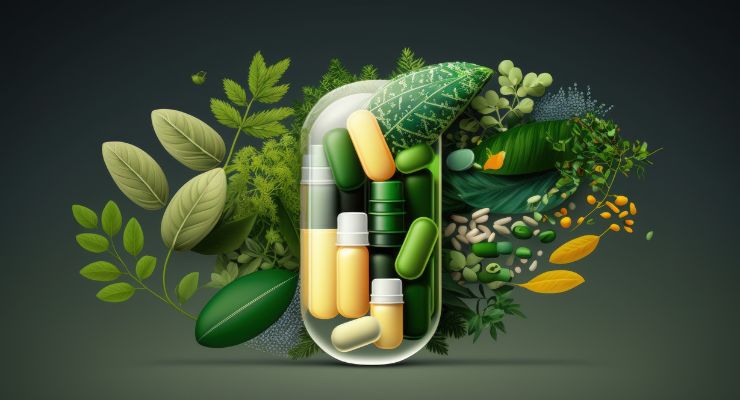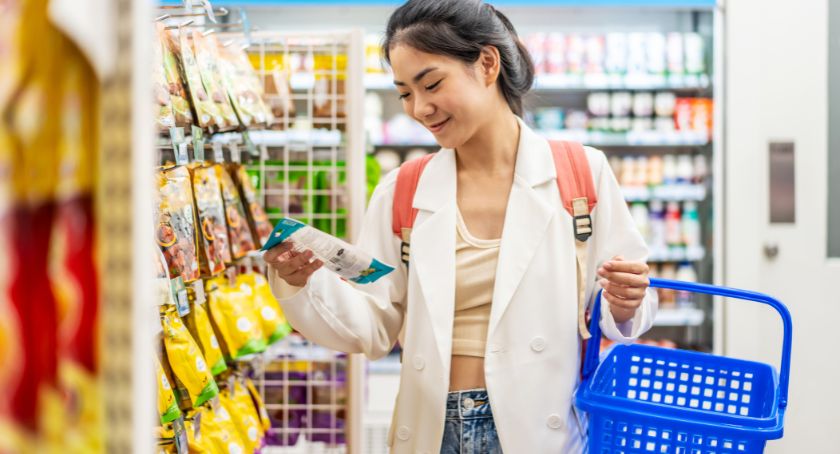Editorial
The Future of Food and Supplements May Be Just Ahead of Us
AI and SynBio are coming online. What does that mean for the natural products industry?
By: Sean Moloughney

The discovery, development, and commercialization of bioactive dietary ingredients may be reaching a new inflection point as technological developments like artificial intelligence (AI) increasingly find avenues into our lives and businesses.
The sophistication of screening the natural world for molecules that can be scaled to enhance human health has advanced significantly in the nearly 30 years since the Dietary Supplement Health and Education Act (DSHEA) was passed.
Today, companies like Brightseed, which uses its AI-powered Forager platform to identify bioactives in nature, and Nuritas, which has its own AI engine for discovering unique peptides, may be changing the way the nutraceuticals world innovates.
Meanwhile, as we feel the effects of climate change and environmental degradation, unique production methods like precision fermentation and synthetic biology are positioned to make an impact on the food system. In a way, the future of food feels like now.
However, discussions about the benefits, risks, and impact of technologies like precision fermentation should be transparent and honest. These advancements may alleviate pain points in today’s food system on one end, but might they lead to unintended consequences on another end? Can synthetic biology contribute or add more to the planet than it takes, at scale, the way that regenerative agriculture can? Is there a place for both these methodologies to help mend the wounds of industrial agriculture? As usual, I have a lot more questions than answers.
Like most disciplines, the language used to translate complex issues to people will greatly influence how they are perceived. How will companies and brands that adopt new technologies communicate with their customers? Will consumers be able to tell what they’re buying based on a product label?
In our March edition we’ve profiled a couple of companies that are leveraging the power of AI (Nuritas) and synthetic biology (Ayana Bio). Consider these stories the start of a larger chapter, and by no means the end.
We also have an article—that I think relates to this conversation—on new international trade protections for the medicinal plant Rhodiola, which has been endangered due to overharvesting and climate change.
We would love to hear from you on these topics. Feel free to send us your thoughts.




















